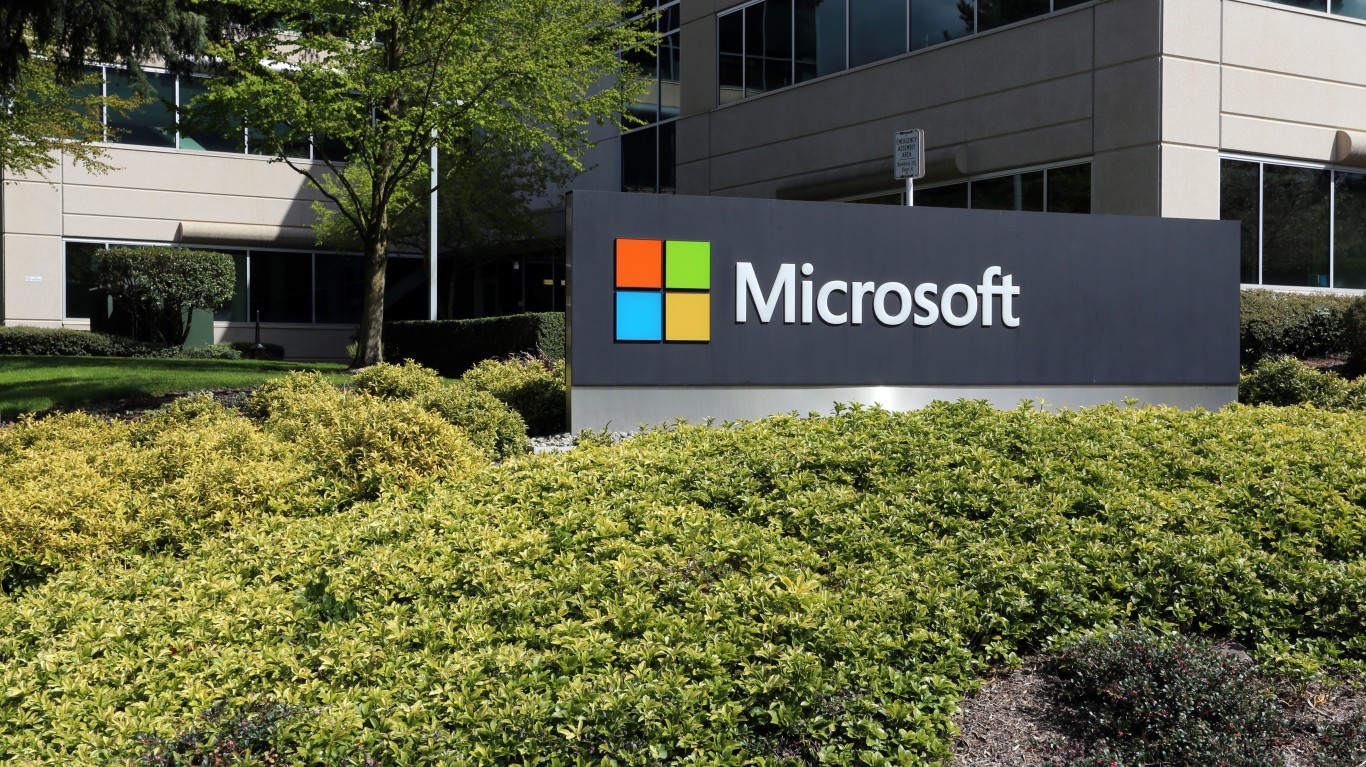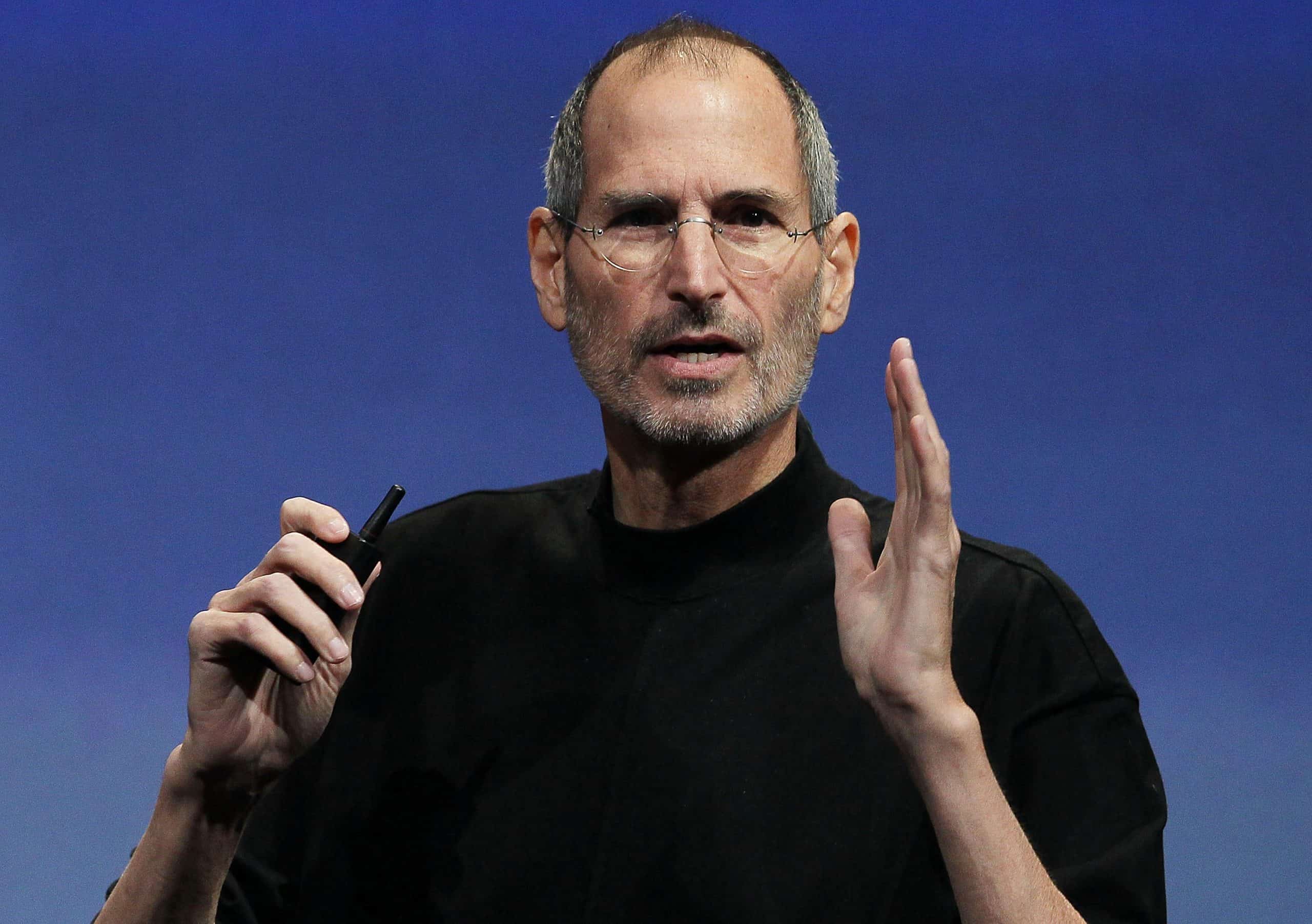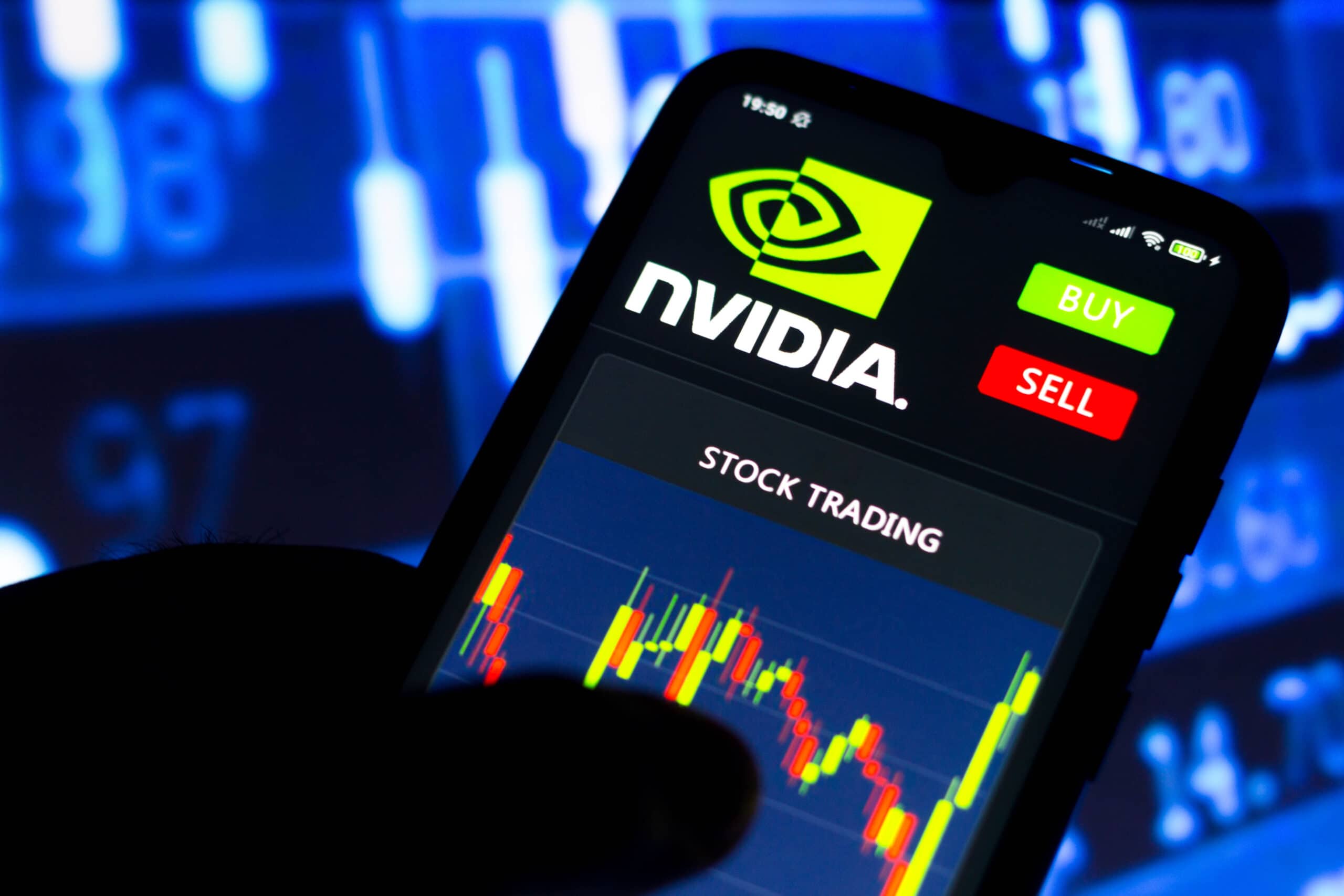
David Elliot Shaw was known for his elusive investment strategies, rooted in his computer science background. His time as a Columbia University professor likely shaped his quantitative trading methods. His firm, DE Shaw & Co., managed over $60 billion in assets, reflecting the success of his approaches. As of March 2024, his net worth was estimated at $8.3 billion.
Examining the history of DE Shaw & Co. reveals insights into David Shaw’s investment philosophy. He favored a quantitative approach, relying on advanced mathematical models and algorithms instead of traditional analysis. The firm developed custom software and hardware to analyze data quickly, allowing it to detect fleeting market trends and respond faster than competitors.
DE Shaw & Co. focused on market inefficiencies, using algorithms to identify and exploit temporary price discrepancies caused by imbalances or errors. The firm’s models targeted these imbalances, capitalizing on price movements that fundamental factors created. Additionally, Shaw prioritized risk management, emphasizing capital preservation over high returns. Here are three stocks David Shaw has been getting into of late.
Key Points About This Article:
- Microsoft is the second largest cloud computing provider with a 25% market share.
- NVIDIA continues to grow year-over-year, reporting over $30 billion in revenues in the second quarter.
- If you’re looking for some stocks with huge potential, make sure to grab a free copy of our brand-new “The Next NVIDIA” report. It features a software stock we’re confident has 10X potential.
Microsoft (MSFT)

Microsoft (NASDAQ:MSFT) made a strategic move by investing approximately $13 billion in OpenAI, gaining early access to advanced AI models. This investment led to the integration of AI into its software products, particularly through Copilot tools in Word, Excel, PowerPoint, Outlook, and Teams.
Used by 1.3 million U.S. companies, Microsoft’s software became synonymous with advanced AI for millions of workers. This integration positively impacted revenue, with GitHub reporting that 40% of its recent growth stemmed from Copilot, contributing to an annual revenue run rate of $2 billion, as noted during the fourth-quarter earnings call.
The company evolved beyond software, becoming the second-largest cloud provider globally with a 25% market share through its Azure unit. The company integrated new AI tools into Azure, reporting 60,000 AI customers—a 60% increase from the previous year—during the Q2 earnings call. Microsoft was expected to invest again in OpenAI’s upcoming funding round, maintaining a strategic partnership that has already proven beneficial. This close collaboration positions Microsoft to continue reaping rewards in the near future.
Apple (AAPL)

iPhones are ubiquitous, highlighting Apple’s (NASDAQ:AAPL) dominance in personal electronics. As one of the largest companies globally, Apple generated nearly $400 billion in annual revenue and over $100 billion in free cash flow. Although its growth may have slowed, Apple’s substantial cash flow supports stock buybacks and increasing dividends.
Analysts project a 12% annual earnings growth, but the current price-to-earnings ratio of 34 raises concerns about overvaluation. Even Warren Buffett has reduced his stake at these levels. Investors should consider revisiting Apple once the P/E ratio falls to the mid-20s for a fairer valuation.
As of Q2 2024, 184 hedge funds held stakes in the company, making it a top NASDAQ investment. The third quarter of fiscal 2024 marked a significant success, with record revenue of $85.8 billion, a 5% increase from the previous year. Product revenue reached $61.6 billion, aided by the iPad Pro and iPad Air launches. Services revenue hit a record $24.2 billion, up 14%. The company reported a gross margin of 46.3% and an EPS of $1.40, surpassing estimates.
Nvidia (NVDA)

Nvidia (NASDAQ:NVDA) established itself as a key player in AI, vying for the title of the world’s most valuable company. With a 156% gain this year and a remarkable 2,700% increase over five years, it is well-positioned in the growing AI market. The AI investment boom is expected to rise 19.3% annually until 2034, boosting optimism for NVDA stock. Companies like CrowdStrike and Adobe invest heavily in AI, utilizing Nvidia’s advanced chips. Unlike competitors, Nvidia innovates continually, preparing to launch its Blackwell chip in 2025.
Additionally, Nvidia’s strong position in AI GPUs makes it a more attractive investment than AMD. The company dominates the AI chip market, achieving record data center revenue of $26.3 billion last quarter, up 154% year-over-year. In contrast, AMD reported data center revenue of $2.8 billion, a 115% increase. Nvidia’s data center growth outpaced competitors, indicating robust demand for its chip
Nvidia’s second-quarter earnings soared, with revenue rising 122% to $30 billion and operating income up 156% to $19.9 billion. Management expected the new Blackwell GPU architecture to drive future growth. Despite a forward P/E of 41, the stock remains undervalued, offering substantial upside potential amid market concerns.
It’s Your Money, Your Future—Own It (sponsor)
Are you ahead, or behind on retirement? For families with more than $500,000 saved for retirement, finding a financial advisor who puts your interest first can be the difference, and today it’s easier than ever. SmartAsset’s free tool matches you with up to three fiduciary financial advisors who serve your area in minutes. Each advisor has been carefully vetted and must act in your best interests. Start your search now.
If you’ve saved and built a substantial nest egg for you and your family, don’t delay; get started right here and help your retirement dreams become a retirement reality.
Thank you for reading! Have some feedback for us?
Contact the 24/7 Wall St. editorial team.





